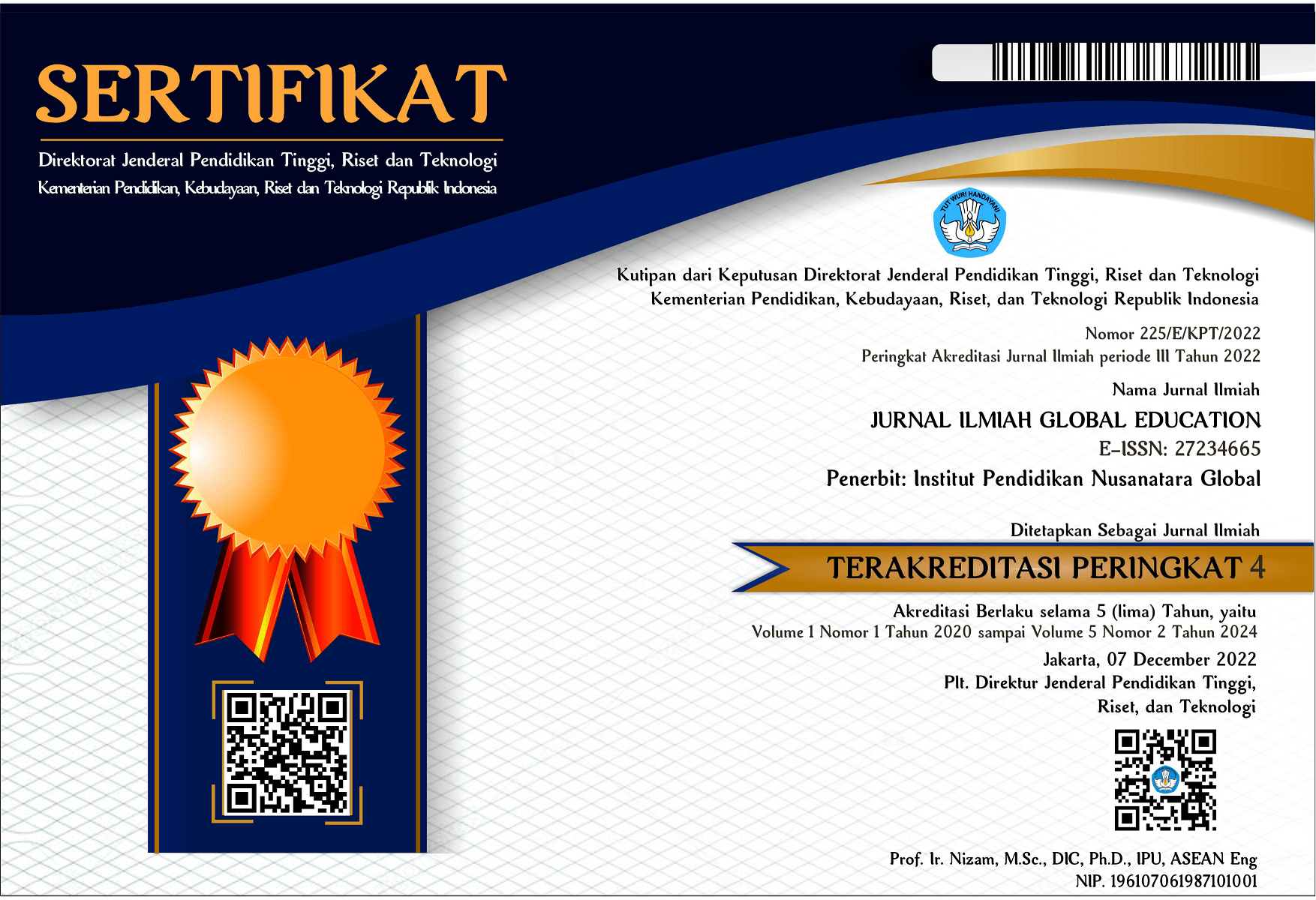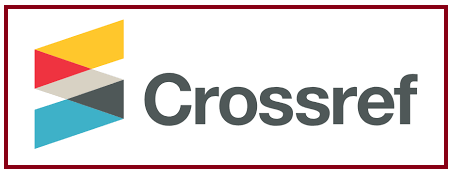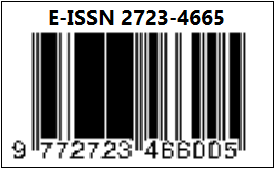Objektivitas Kompas.Com dalam Pemberitaan Ibu Kota Nusantara Pasca Debat Calon Presiden 2024
DOI:
https://doi.org/10.55681/jige.v5i3.3205Keywords:
Kompas.com, Online Media Objectivity, Presidential and Vice-Presidential Debate, The National Capital City (IKN), WesterstahlAbstract
Background: Objectivity is a crucial element that must be considered in various media outlets to ensure accurate, balanced, and unbiased reporting. Particularly in online media, objectivity plays a pivotal role in presenting news in a fair manner. Following a decline in attention during the Covid-19 pandemic, coverage of the national capital city (IKN) relocation and development plan has resurfaced alongside global recovery efforts. Interest in this topic surged further after debates among presidential and vice-presidential candidates during the 2024 Presidential Election. Several media outlets are now actively reporting on IKN developments due to heightened public interest. With increased public attention on the IKN plan, media also play a significant role in providing up-to-date information and facilitating in-depth discussions and analysis. Purpose: This study aims to explore the level of objectivity in Kompas.com's reporting on the Ibu Kota Nusantara (IKN). Methods: The analytical method used in this study is content analysis following Krippendorff's method, applying Westerstahl's objectivity framework. Results: The results reveal that in reporting on the topic, Kompas.com has met objectivity standards, particularly in the aspects of truthfulness, relevance, and neutrality. However, there are still have flaws in the aspect of balance, where Kompas.com appears to lack presenting both sides or different perspectives in each news item.
Downloads
References
Baharuddin, T., Nurmandi, A., Qodir, Z., Jubba, H. ., & Syamsurrijal, M. (2022). Bibliometric Analysis of Socio-Political Research on Capital Relocation: Examining Contributions to the Case of Indonesia. Journal of Local Government Issues (LOGOS), 5(1), 17-31.https://doi.org/10.22219/logos.v5i1.19468
CNBC Indonesia. (2022). Data terbaru: Berapa pengguna internet Indonesia 2022. CNBC Indonesia.
Christopher, Y. (2017). Objektivitas Media Daring yang Tidak Berafiliasi dengan Media Konvensional Terhadap Isu Pilkada DKI Jakarta 2017. Universitas Multimedia Nusantara dan Media Siber (R. K. Soenendar (ed.)). Sembiosa Rekatama Media.
Farida, F. (2021). Indonesia’s capital city relocation: A perspective of regional planning. Jurnal Perspektif Pembiayaan Dan Pembangunan Daerah. 9(3). 221-234
Nugroho, H. (2020). Pemindahan Ibu Kota Negara dan Pandemi Covid-19: Momentum DJKN mengelola barang milik negara menjadi lebih baik. DJKN.
Kota Negara Pada Media Online Republika. Co. Id Dan Kompas. Com. Jurnal Indonesia: Manajemen Informatika dan Komunikasi, 4(3), 1432-1445.
Krippendorff. (2004). Content Analysis: An Introduction to Its Methodology. SAGE Publications.
Kurniadi, A. (2019). Pemilihan Ibukota Negara Republik Indonesia Baru Berdasarkan Tingkat Kebencanaan. JMB: Jurnal Manajemen Bencana, 5(2), 1–12.
McQuail, D. (1992). Media Performance : Mass Communication and The Public Interest. SAGE Publications.
Noviati, C. E. (2013). Demokrasi dan Sistem Pemerintahan. Jurnal Konstitusi, 10(2), 333-354.
Pribadi, K. S., & Chan, T.-K. (2022). Construction in Indonesia: Looking Back and Moving Forward. Routledge.
Rachmawati, R., Haryono, E., Rohmah, A. A., Dewi Permatasari, F., & Fathurrahman, R. (2021). Smart Strategies of the Regional Preparation for the Plan of Moving the New Capital in the Regency of Kutai Kartanegara. 2021 International Conference on ICT for Smart Society (ICISS), 1–7.
Sari Efendi, E. P. (2020). Kualitas Kredibilitas Pemberitaan Konflik Papua Pada Media Online Okezone.com dan Tribunnews.com (Doctoral dissertation, Universitas Hasanuddin).
Schatz, E. (2003). What capital cities say about state and nation building. Nationalism and Ethnic Politics, 111–140.
Teo, H. C., Lechner, A. M., Sagala, S., & Campos-Arceiz, A. (2020). Environmental impacts of planned capitals and lessons for Indonesia’s new capital., 1–17.
The Economist Intelligence Unit. (2024). Democracy Index 2023: Age Of Conflict.
Downloads
Published
How to Cite
Issue
Section
License
Copyright (c) 2024 Kurnia Elma Armavillia, Siti Karlinah, Abie Besman

This work is licensed under a Creative Commons Attribution-ShareAlike 4.0 International License.













